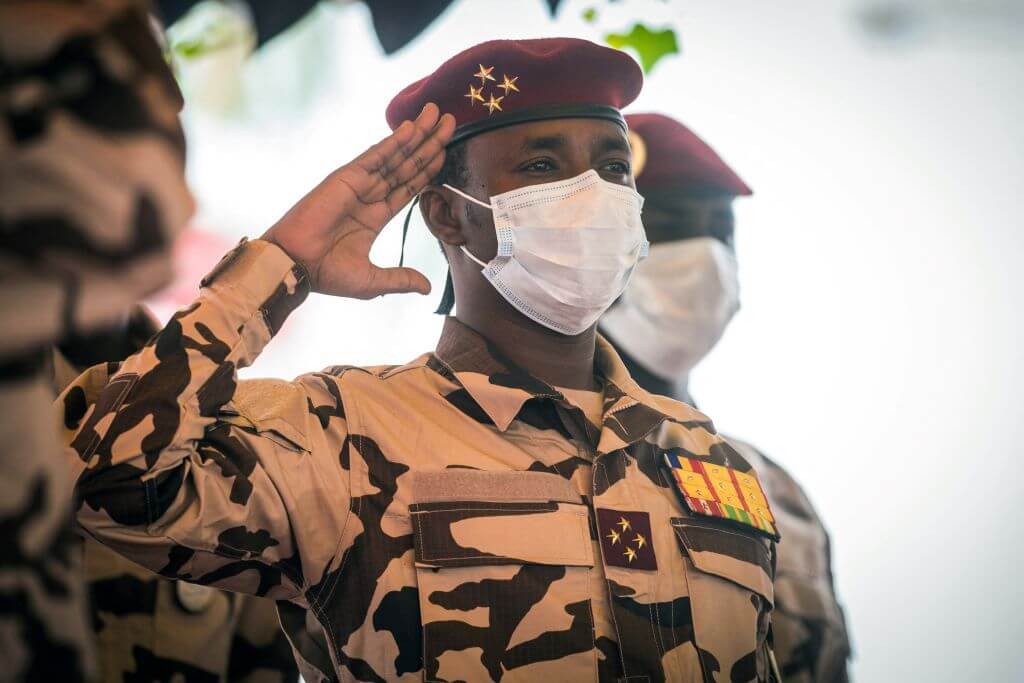Chad has called upon the United States to withdraw its troops from an army base situated in the central African nation, marking one of the West’s remaining strongholds in the fight against a burgeoning jihadist insurgency in the region. This move follows a similar action taken by Niger, another crucial Western ally in the area, which suspended its security agreement with the US just a month ago.
The decision to urge the withdrawal of US troops comes amidst a series of coups that have swept through the Sahel region, leading to the establishment of military-led governments. These governments have increasingly forged closer ties with Russia, signalling a geopolitical shift in the region.
In response to Chad’s request, the US State Department announced that it would engage in a review of its security cooperation with the Chadian government. The outcome of this review will likely determine the future trajectory of US military presence and involvement in the region.
The developments in Chad and Niger highlight the evolving dynamics of security alliances in the Sahel and the broader geopolitical landscape of Africa. As Western powers reassess their military commitments in the region, there is growing uncertainty about the role of external actors in addressing security challenges and combating jihadist insurgencies.
The outcome of the security cooperation review between the US and Chad following the recent election in Chad will be closely watched by regional and international stakeholders. It may have significant implications for the ongoing efforts to stabilise the Sahel region and counter the threat posed by extremist groups operating in the area.

